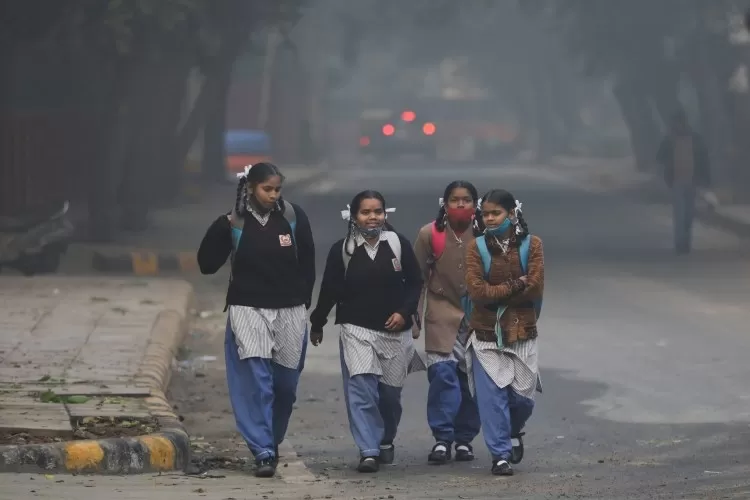
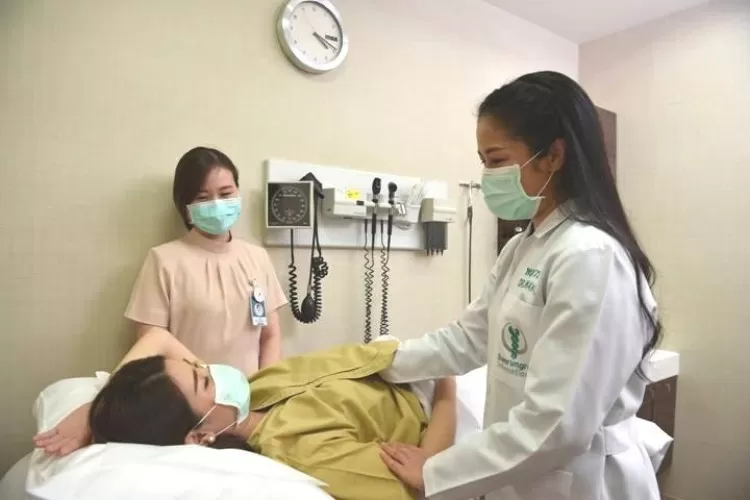






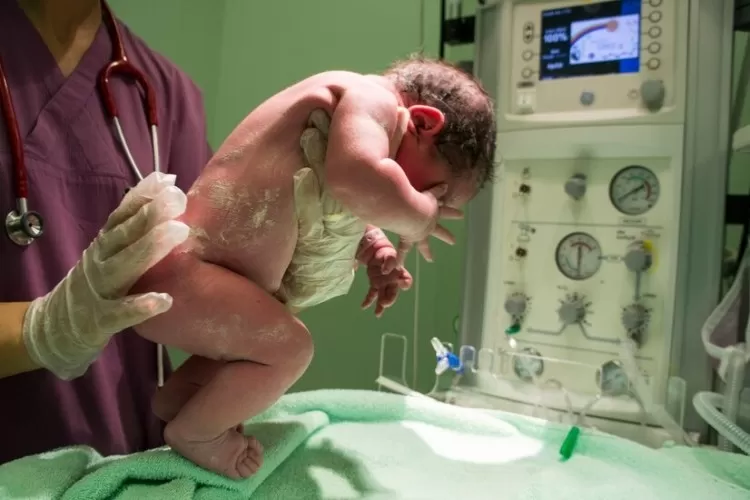


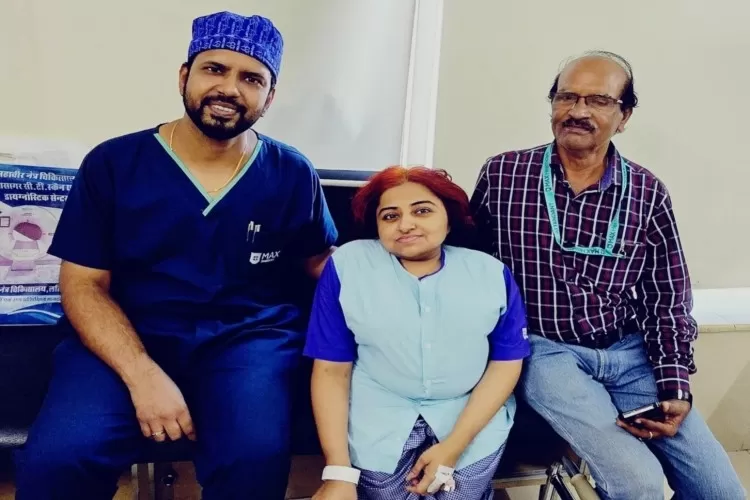






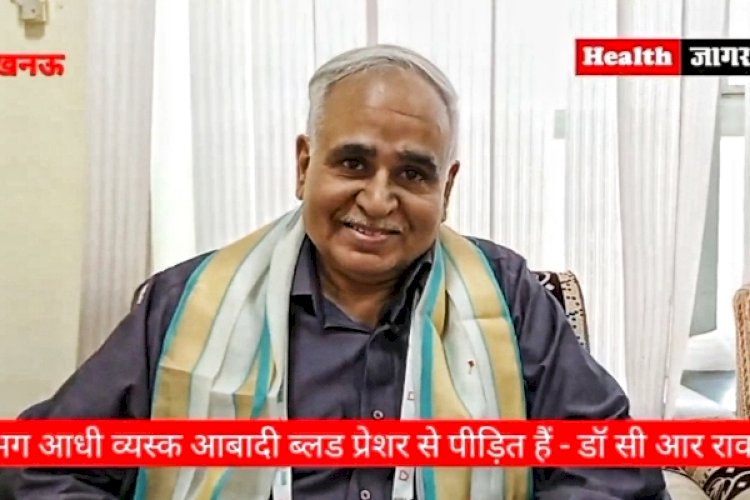



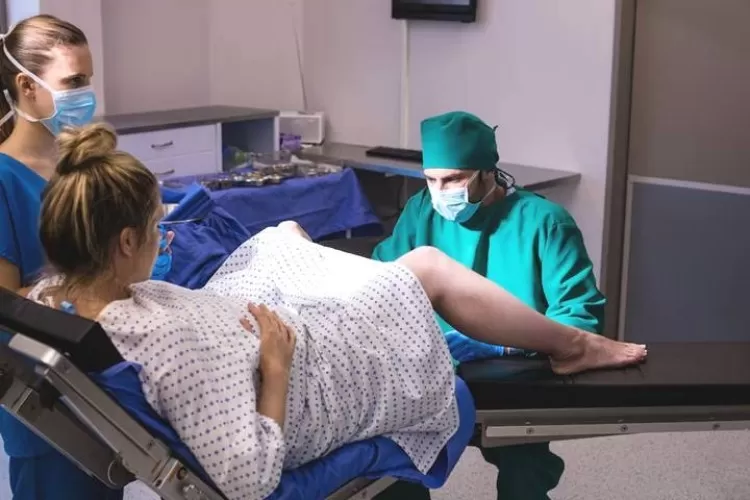










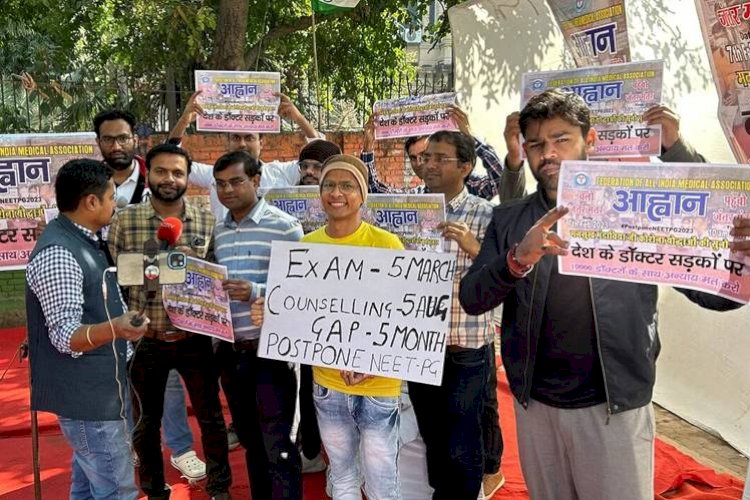
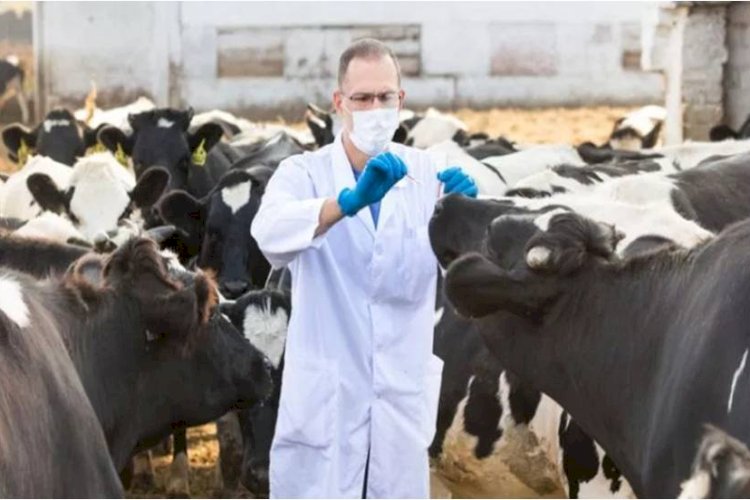
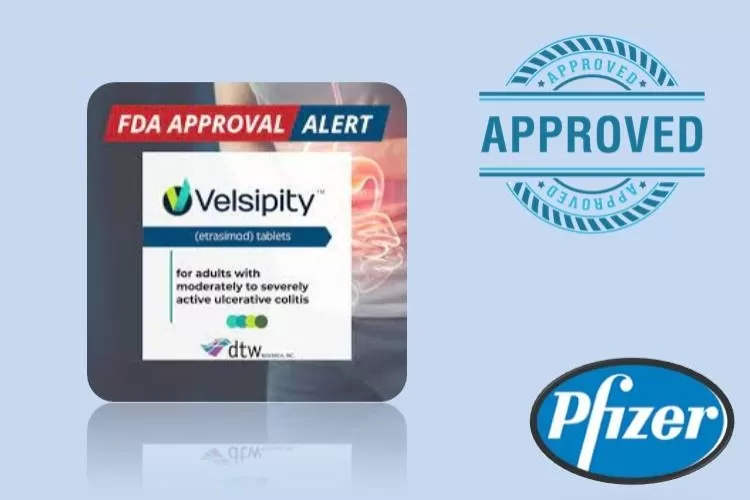










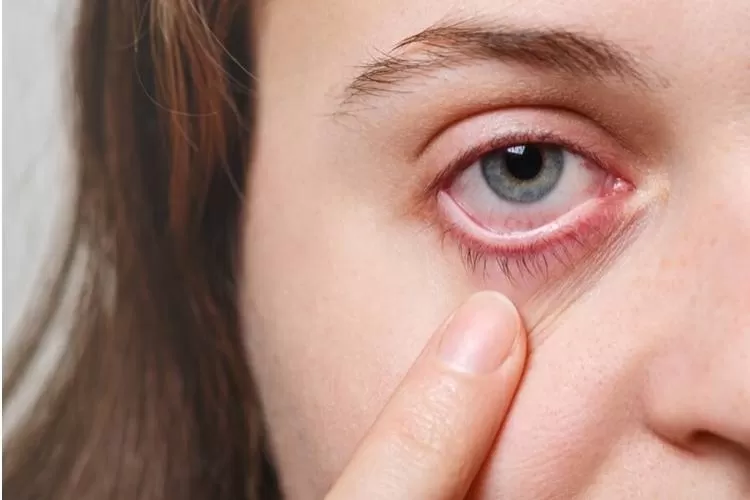
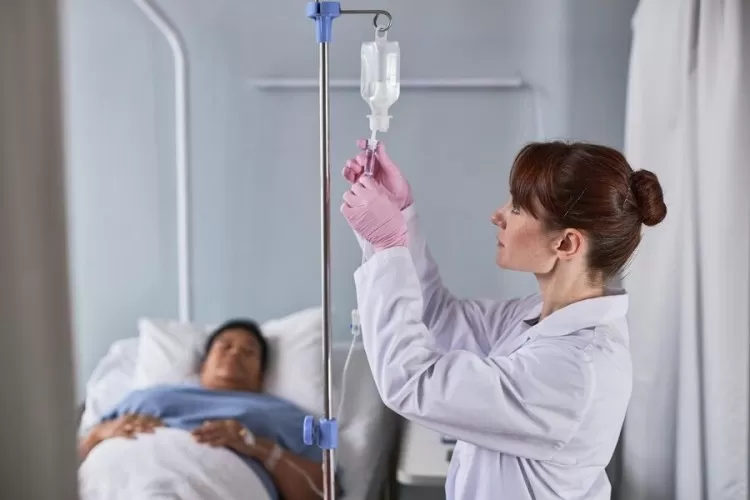


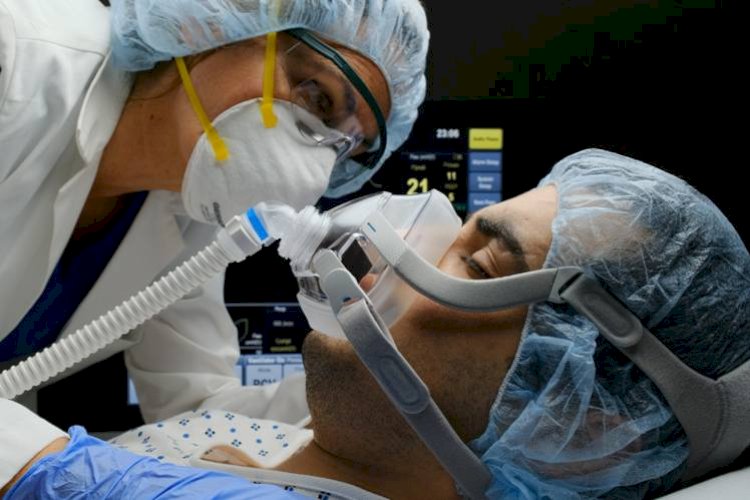 प्रतीकात्मक चित्र
प्रतीकात्मक चित्र
Objective: To determine the efficacy and safety of awake prone positioning versus usual care in non-intubated adults with hypoxemic respiratory failure due to covid-19.
Design: Systematic review with frequentist and bayesian meta-analyses.
Study eligibility: Randomized trials comparing awake prone positioning versus usual care in adults with covid-19 related hypoxemic respiratory failure. Information sources were Medline, Embase, and the Cochrane Central Register of Controlled Trials from inception to 4 March 2022.
Data extraction and synthesis: Two reviewers independently extracted data and assessed risk of bias. Random effects meta-analyses were performed for the primary and secondary outcomes. Bayesian meta-analyses were performed for endotracheal intubation and mortality outcomes. GRADE certainty of evidence was assessed for outcomes.
Main outcome measures: The primary outcome was endotracheal intubation. Secondary outcomes were mortality, ventilator-free days, intensive care unit (ICU) and hospital length of stay, escalation of oxygen modality, change in oxygenation and respiratory rate, and adverse events.
Results: 17 trials (2931 patients) met the eligibility criteria. 12 trials were at low risk of bias, three had some concerns, and two were at high risk. Awake prone positioning reduced the risk of endotracheal intubation compared with usual care (crude average 24.2% v 29.8%, relative risk 0.83, 95% confidence interval 0.73 to 0.94; high certainty). This translates to 55 fewer intubations per 1000 patients (95% confidence interval 87 to 19 fewer intubations).
Awake prone positioning did not significantly affect secondary outcomes, including mortality (15.6% v 17.2%, relative risk 0.90, 0.76 to 1.07; high certainty), ventilator-free days (mean difference 0.97 days, 95% confidence interval −0.5 to 3.4; low certainty), ICU length of stay (−2.1 days, −4.5 to 0.4; low certainty), hospital length of stay (−0.09 days, −0.69 to 0.51; moderate certainty), and escalation of oxygen modality (21.4% v 23.0%, relative risk 1.04, 0.74 to 1.44; low certainty).
Adverse events related to awake prone positioning were uncommon. Bayesian meta-analysis showed a high probability of benefit with awake prone positioning for endotracheal intubation (non-informative prior, mean relative risk 0.83, 95% credible interval 0.70 to 0.97; posterior probability for relative risk <0.95=96%) but lower probability for mortality (0.90, 0.73 to 1.13; <0.95=68%).
Conclusions: Awake prone positioning compared with usual care reduces the risk of endotracheal intubation in adults with hypoxemic respiratory failure due to covid-19 but probably has little to no effect on mortality or other outcomes.










एस. के. राणा March 06 2025 0 65601
एस. के. राणा March 07 2025 0 65379
एस. के. राणा March 08 2025 0 63381
यादवेंद्र सिंह February 24 2025 0 55944
हुज़ैफ़ा अबरार March 20 2025 0 44511
हुज़ैफ़ा अबरार March 21 2025 0 43623
हुज़ैफ़ा अबरार March 03 2025 0 38628
 सौंदर्य
सौंदर्य
सौंदर्या राय May 06 2023 0 86457
सौंदर्या राय March 09 2023 0 90740
सौंदर्या राय March 03 2023 0 91092
admin January 04 2023 0 91809
सौंदर्या राय December 27 2022 0 80970
सौंदर्या राय December 08 2022 0 70540
आयशा खातून December 05 2022 0 124653
लेख विभाग November 15 2022 0 94351
श्वेता सिंह November 10 2022 0 118383
श्वेता सिंह November 07 2022 0 92897
लेख विभाग October 23 2022 0 77678
लेख विभाग October 24 2022 0 80450
लेख विभाग October 22 2022 0 87171
श्वेता सिंह October 15 2022 0 92670
श्वेता सिंह October 16 2022 0 86900

डॉ राम मनोहर लोहिया आयुर्विज्ञान संस्थान के एकेडमिक ब्लॉक भवन के दसवें तल के हॉल में दस दिवसीय योग प

चाकलेट, फास्टफूड, जंक फूड, दूध आदि का सेवन करने के बाद सही तरीके से ब्रश न करना, कुल्ला नही करना, मस

पीएम मोदी ने बुधवार को वीडियो कांफ्रेंस के माध्यम से फिजी में श्री सत्य साई संजीवनी चिल्ड्रन हार्ट अ

किशोर की छोटी आंतों और बड़ी आँतों की जगह बदल गयी थी। इसकी जानकारी एंडोस्कोपी, सीटी स्कैन के साथ ही लग
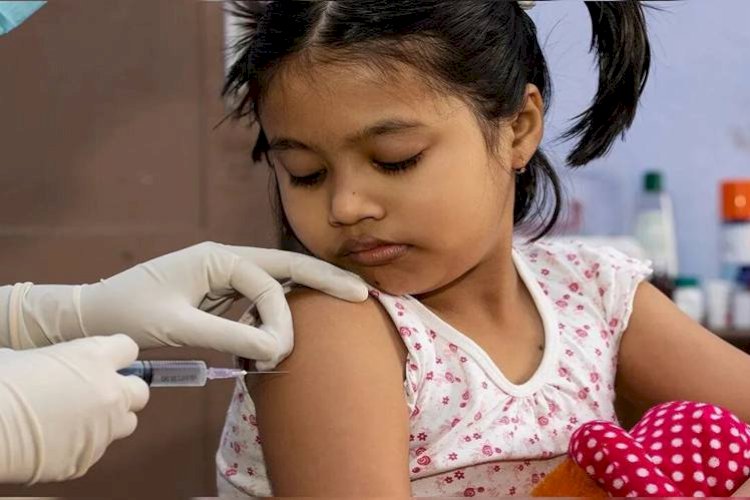
स्वास्थ्य विभाग के आदेशानुसार नवजात बच्चों से लेकर 5 साल तक के बच्चों को विशेष टीकाकरण लगाने का कार

गाइडलाइन के मुताबिक अगर बच्चे को तीन दिन से ज्यादा बुखार आ रहा है या परिवार में किसी को कोरोना हुआ ह

अपर मुख्य सचिव स्वास्थ्य अमित मोहन प्रसाद ने बताया कि बीते 24 घंटों में प्रदेश में 10, 03, 425 लोगों
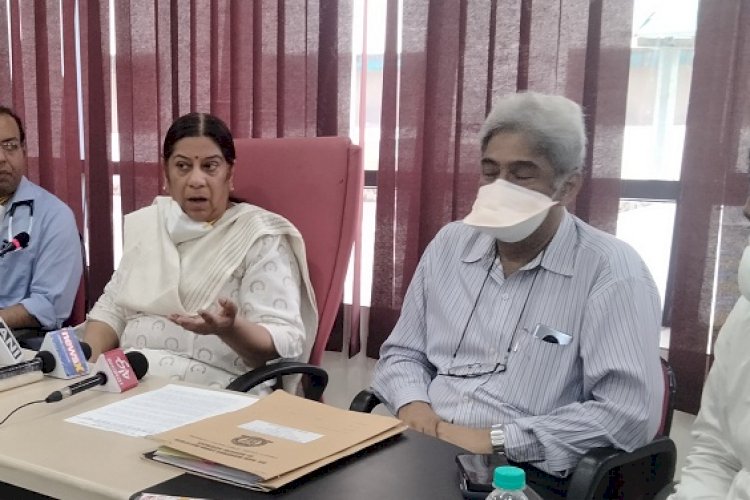
डा. शारदा सुमन आब्स एवं गाइनकोलाजी विभाग में डीएनबी जू. रेजिडेण्ट तृतीय वर्ष के रुप में कार्यरत है।

हम सब जानते हैं कि जंक फूड हमारी सेहत को नुकसान पहुंचता है लेकिन फिर भी इसका उपयोग बढ़ता जा रहा है। क

ये चीजें त्वचा को हेल्दी और मुलायम बनाए रखने में मदद करती हैं। आइए जानें आप सर्दियों में कौन सी नेचु

COMMENTS